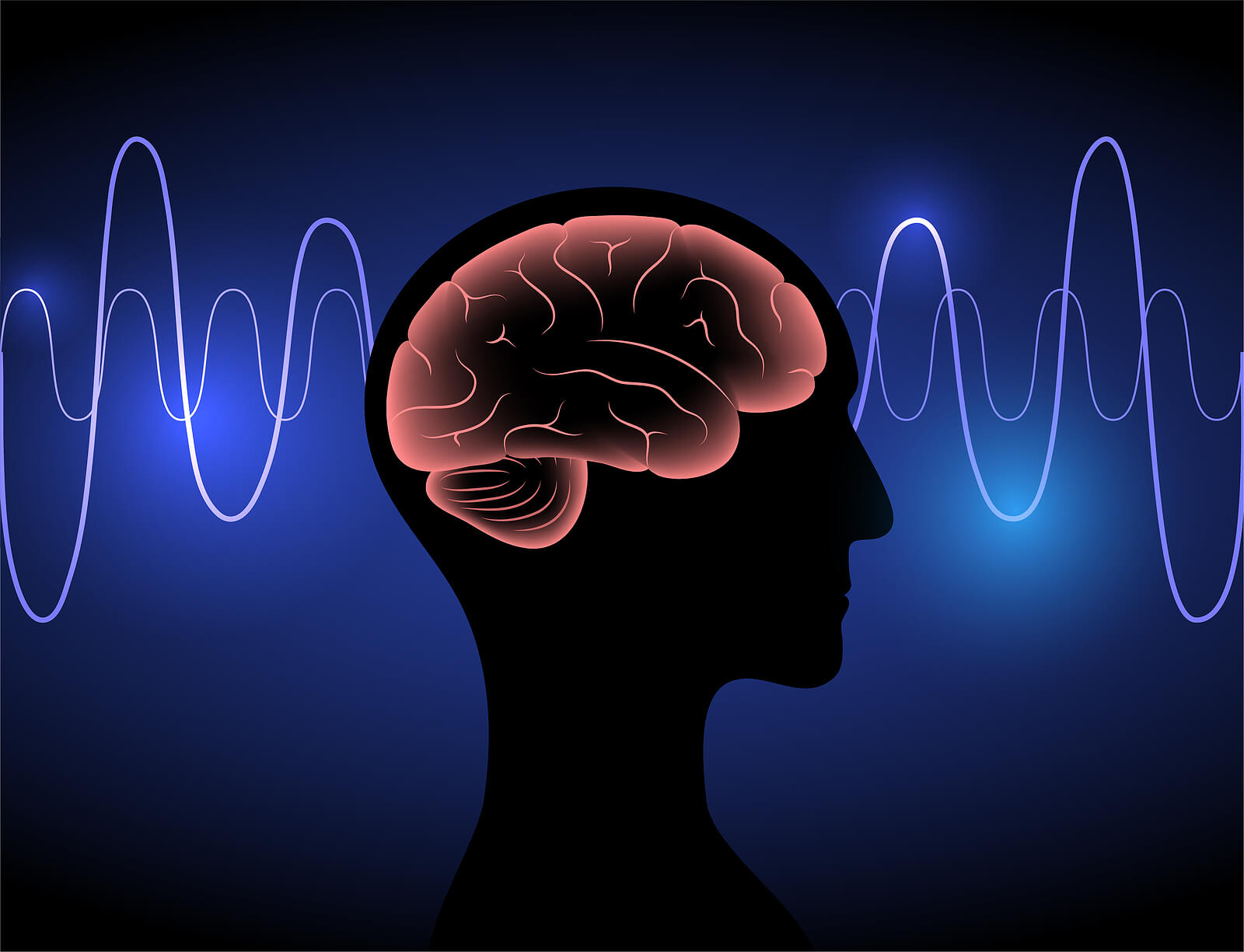Exploring The Way Sleep Disorders Disrupt Brainwave Activity and Affect Mental Performance
Exploring The Way Sleep Disorders Disrupt Brainwave Activity and Affect Mental Performance
Blog Article
Sleep is an essential part of our everyday lives, allowing our bodies and minds to repose and recover. However, many individuals suffer from slumber disorders, which can considerably disrupt sleep patterns. These disorders can result to multiple issues, including changes in brainwave activity. Brainwaves are electronic signals in the brain that reflect our mental state and function. When sleep is interrupted, the typical patterns of brainwaves can be affected, resulting to issues with mental function, such as recall, focus, and decision-making.
There are several types of slumber disorders, including insomnia, slumber apnea, and unsettled leg syndrome. Sleeplessness is characterized by difficulty falling or remaining asleep, while slumber apnea involves interruptions in respiration during slumber. Unsettled leg syndrome causes discomforting sensations in the limbs, leading to an irresistible urge to shift them. Each of these disorders can disrupt the natural sleep cycle, which consists of various stages, including light sleep, profound sleep, and REM (rapid eye movement) slumber. Each stage plays a crucial role in preserving overall brain health and performance.
When slumber disorders disturb with these stages, brainwave activity can become erratic. For example, during profound sleep, the brain generates slow delta waves, which are essential for physical restoration and recall consolidation. If a person undergoes frequent awakenings or does not attain deep sleep, the generation of these delta waves is reduced. This can result to difficulties in acquiring new information and holding memories. Additionally, REM sleep, which is associated with fantasizing and emotional processing, is also impacted. Disruptions in REM sleep can result to problems with affective regulation and creativity.
The effect of sleep disorders on mental function is significant. Research has shown that individuals with sleep disorders often experience difficulties with attention and focus. This can influence their performance at school or work, making it difficult to finish tasks or engage in discussions. Furthermore, long-term slumber deprivation can lead to emotional changes, heightened stress, and even nervousness or depression. These mental and emotional challenges can create a vicious cycle, where inadequate sleep leads to cognitive difficulties, which in turn can lead to more slumber problems.
Tackling slumber disorders is crucial for enhancing brainwave activity and cognitive function. Therapeutic options may include lifestyle changes, such as creating a consistent slumber schedule, creating a cozy sleep environment, and engaging in relaxation techniques. In some cases, medical intervention may be required, such as using a CPAP machine for slumber apnea or pharmaceuticals for brain mapping for sleep disturbances insomnia. By valuing sleep and pursuing appropriate care, people can enhance their overall mental abilities and boost their quality of life. Comprehending the relationship between slumber disorders, neural wave activity, and cognitive function is an essential step toward improved health and well-being.